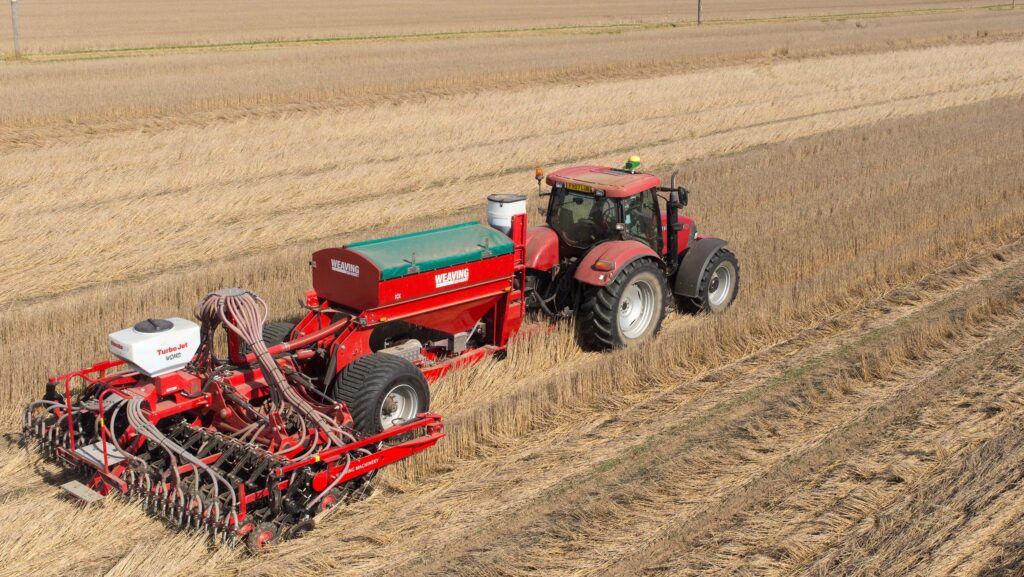Deadlines loom for farm equipment grants and business advice
 © Tim Scrivener
© Tim Scrivener Grant claims for farmers in England eligible for Defra’s Farming Equipment and Technology Fund (FETF) must be submitted by midday on 10 January.
The FETF grant scheme provides funding of up to 60% towards the cost of equipment that helps to increase productivity on farm, manage slurry, or improve animal health and welfare.
Productivity grants of up to £50,000 have been made available, while up to £25,000 is obtainable for animal health and welfare grants.
See also: New £1m fund to reward arable farmers for reducing emissions
The window for new applications has now closed.
Independent advisory firm Kelly Farm Consulting said for each grant funding agreement accepted under the scheme, applicants must submit a separate claim using the claim form.
Kelly Farm Consulting also advises farm businesses to take photographs of equipment once it has been received and paid for in full, then include these images in the grant claim as supporting evidence, along with the invoice and bank statement showing payment.
Future Farming Resilience Fund
The Future Farming Resilience Fund, which provides free professional advice to farm businesses through consultants, is set to close in March.
Farmers who have not already taken part in the scheme have been advised to contact one of the providers as soon as possible to ensure they are able to receive the free support.
The scheme has been running since 2021 and uptake has reportedly picked up since the Autumn Budget as more farmers try to seek advice to plan for the future.
Agricultural consultancy firm Laurence Gould, one of the firms providing advice through the scheme, stated that so far the advice had been very well received by farmers, especially smaller businesses who may not have been as willing or able to pay for advice from consultants.
Keith Leddington-Hill, managing director at Laurence Gould, told Farmers Weekly that they had been providing farm businesses with one-to-one business advice, farm visits, carbon footprinting and benchmarking.
He added that the firm was also running a series of webinars on topics such as succession.
